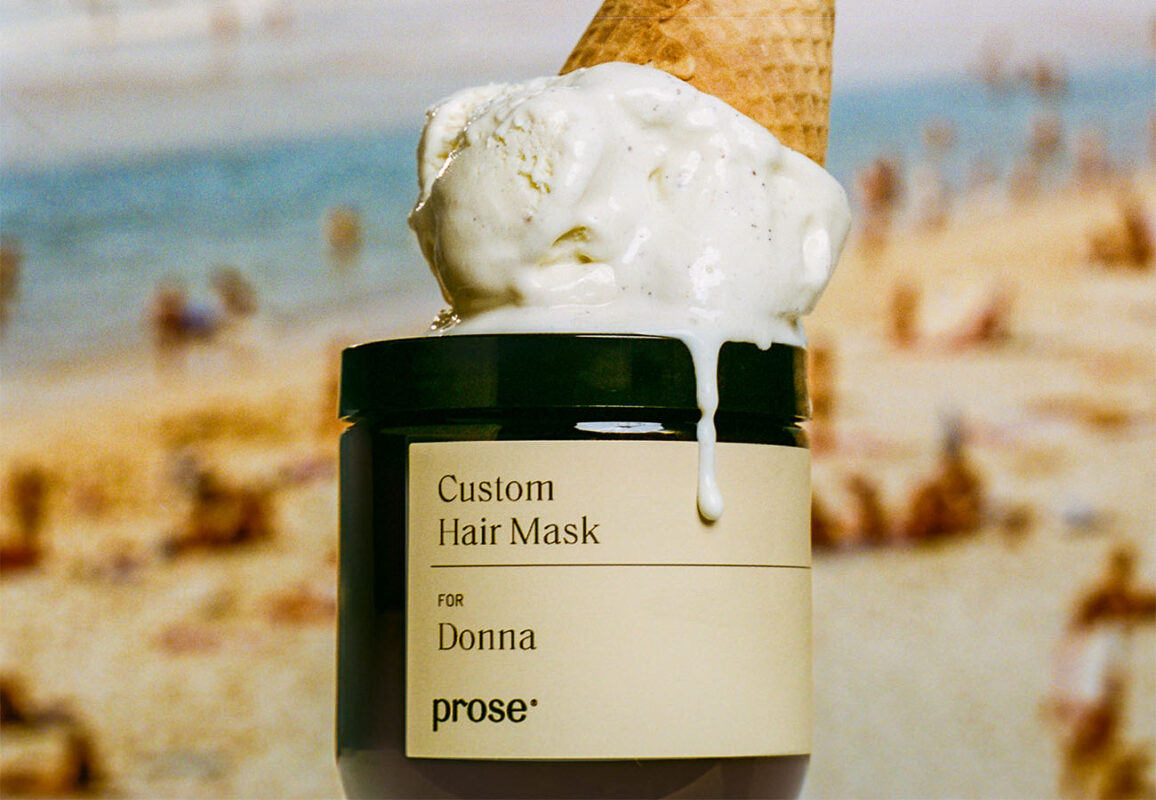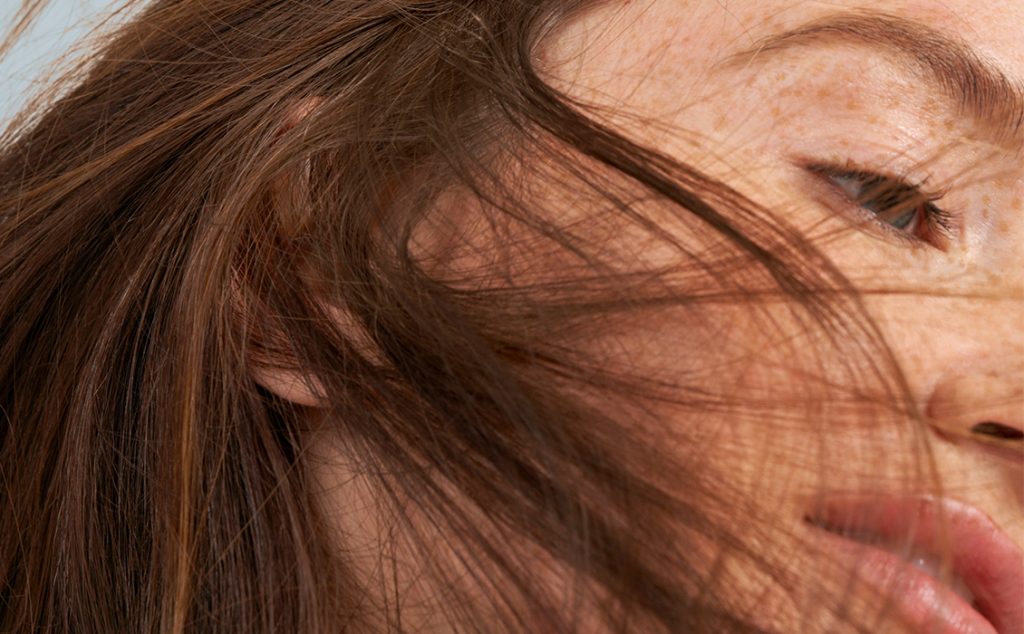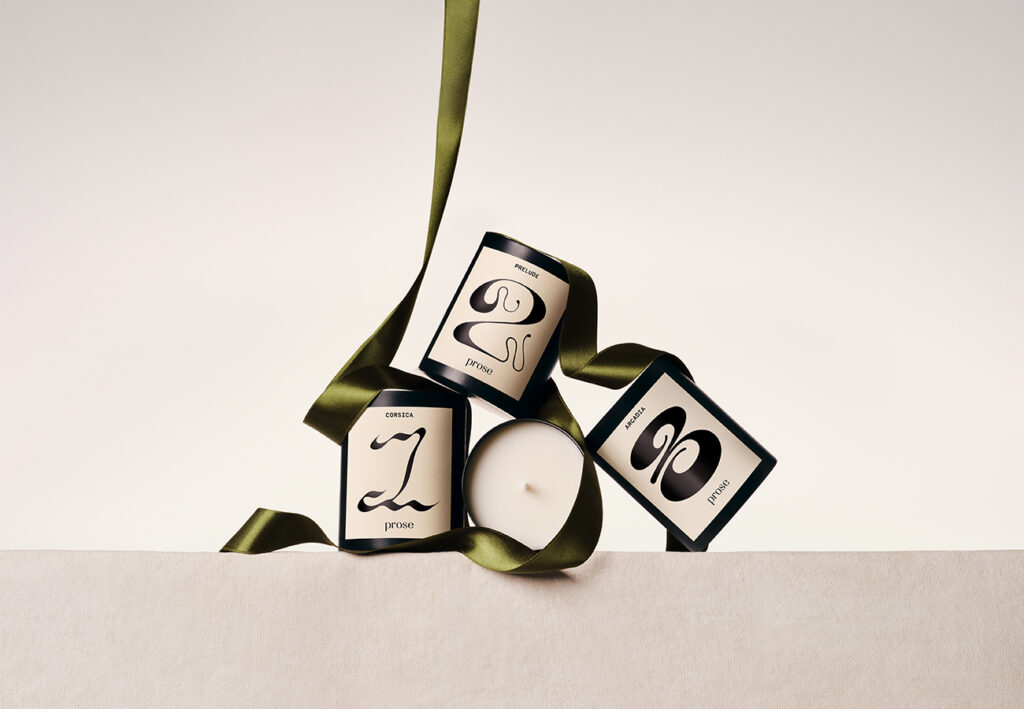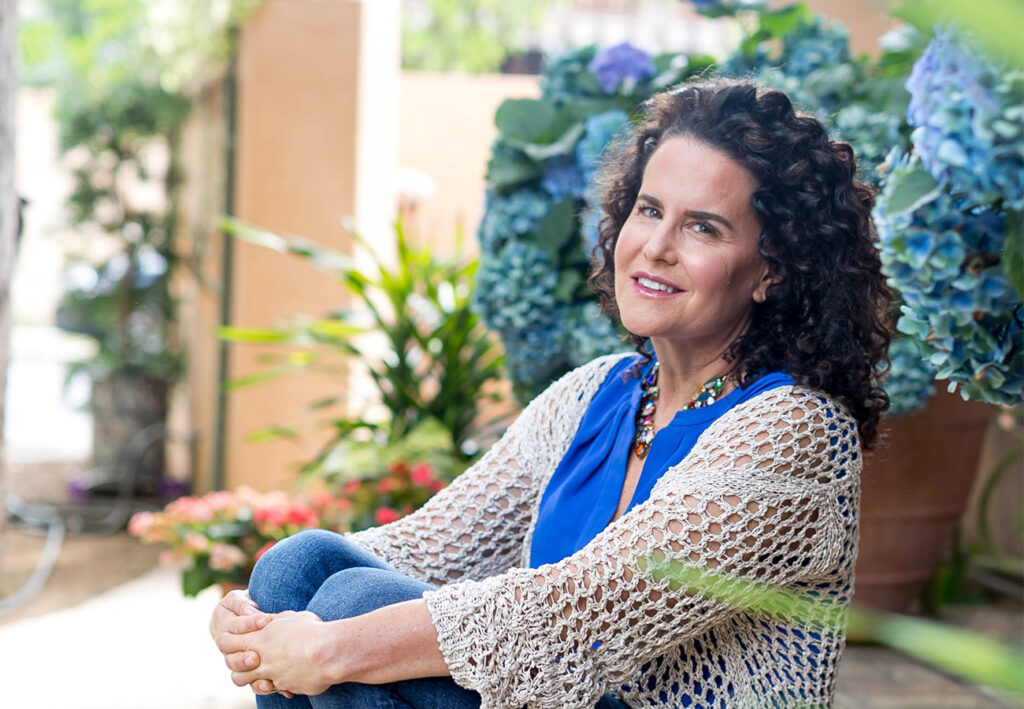Nora Ephron once wrote, “twice a week, I go to a beauty salon and have my hair blown dry. It’s cheaper by far than psychoanalysis, and much more uplifting.”
I couldn’t agree more, but I’d also argue that there’s a psychological beneft to learning to groom ourselves.
Mid-March when the Covid-19 infection rate surged in New York City, we fled to my parents’ house in Wellfleet, Massachusetts, and ended up living there for six months. Like a lot of people, we quickly reverted to living like Colonial farmers and learned to cultivate yeast to bake bread, and even sowed a garden. And like the settlers, when my mousy brown roots grew out to my temples, my hair stylist, Bradley Irion, gave me a highlighting tutorial over Zoom.
Months without social contact (or any childcare) had left me irrationally excited for that call. After tucking the kids in bed, I stole to the downstairs bathroom and set out the foiling materials I’d ordered online. I propped my iPhone on the little soap dish attached to the wall, and standing barefoot in my favorite quarantine sweatpants and lacey fuchsia bra, I rang Bradley. He answered looking incredibly chic in all black and wearing his signature oversized designer shades that made him look like he was hiding from the paps, even in the privacy of his mother’s bathroom in Spokane, Washington.

He painstakingly walked me through the basics. He instructed me to mix a scoop of bleach powder with a generous amount of developer until it had the consistency of pancake batter, and not frosting. I held my bowl up to the screen for approval. He demonstrated how to avoid a stark root-line by “mapping out” the head into a series of diagonals, by foiling his own long brown hair with conditioner. I tried to mimic the way he wove the back of his rattail comb through his hair, pulled it taught over the foil, applied the mixture, then folded the foil like a sweater. He made it look so easy. My foils looked as though a woodland creature had gnawed on them, I held my hands awkwardly, and by the time I made it to the back of my head, my arms were like noodles.
I held my phone up to my scalp so Bradley could check the color. The entire lesson took hours, but it was worth it; seeing the color lift to a creamy white was oddly satisfying. And, for the frst time in months, I did something that was just for myself. As I admired my handiwork, I was reminded of how after my son was born, I would race to the nearest Drybar between feedings, in the hope that a blow-out, like Ephron wrote, might somehow address the seismic shift in my identity (and my raging Postpartum Depression). But even though I left the salon more polished, I still felt both hollow and trapped in a body I no longer recognized.
While my privilege allowed me to hire someone else to do the grooming, I missed out on the very thing that had brought me relief throughout my life.
My mother recalls that as a child, I’d sit cross-legged on my bed in a trance-like state brushing my doll Samantha’s pin-straight brown hair.
“You wouldn’t even blink,” she says. “I thought you’d become a hairdresser.” But what she didn’t realize was that brushing my doll’s hair wasn’t so much about grooming as it was a method of self-soothing; I pet the doll’s head as if it was my own. After one more Zoom call with Bradley, I felt comfortable trying foiling on my own.
I waited until the house was quiet, mixed my brew, and one by one I folded in the foils like a deck of silver cards, hearing Bradley’s voice gently reminding me to swipe down from the root.

I soon began to lose myself in the rhythm of sectioning and swiping and folding; the running to-do list dropped away, my family’s needs evaporated, and the weight of the upcoming election lifted. I’m pretty sure that meditative state is what Thoreau was referring to in Walden, only instead of wandering in the woods, I folded foils in my bra. As I studied myself in the bathroom mirror, my aluminum crown spewing tufts of blond Muppet-hair, I thought back to those nights as a dancer in the New York City Ballet, sitting before the dressing room mirror, coiling my long hair on top of my head like an elaborate baked good. That nightly ritual before the performance was like raking patterns into a Japanese sand garden; it was a necessary mental reset after a long and grueling rehearsal day.
In September we returned to New York City, more self-sufficient versions of our former selves. But within days I began delegating tasks to others: bread baking and gardening was replaced with grocery delivery and outdoor dining at our favorite restaurants. Even cups of coffee were purchased from a local barista.
We were reunited with our beloved nanny, and hired a teacher to manage our son’s schooling. Even Bradley, who’d flown back to clean out his West Village apartment, dropped in to touch-up my DIY highlights, tweaking the tone from margarine to an icy nordic blonde.
I was surprised at how easy it was to slip back to our old way of life that relied heavily on outside help.
Having the luxury to delegate household duties to others allowed me the time and solitude necessary to write this article, to ghostwrite a memoir, to spend quality time with my children, and to manage my mental health. In her essay “On Maintenance”, Ephron is unapologetic about her twice-weekly blow-outs, and I agree that self-care, in whatever form you can get it, shouldn’t be considered a luxury, but a necessity. While there’s no shame in outsourcing certain tasks, I am very much looking forward to touching up my own roots.





